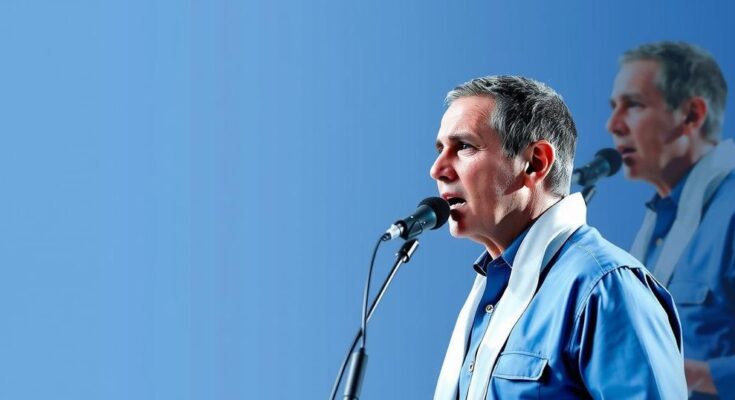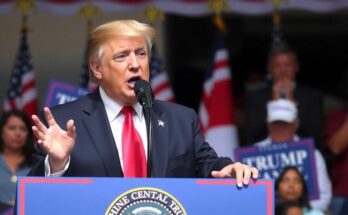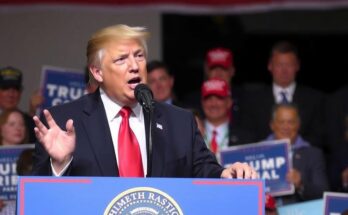Uruguay’s recent presidential election showcased a model of decorum and congratulations among candidates, reflecting a stark contrast to the political unrest in neighboring countries. However, issues underlying this stability may pose significant challenges for the nation’s future democratic integrity, warranting a deeper analysis of its political systems.
In the context of regional turmoil, Uruguay stands out as an enigmatic political landscape, showcasing a model of electoral conduct that many might find admirable. The recent presidential election was marked by gratitude and sportsmanship, where even the defeated candidates promptly offered their congratulations to the victor. Nevertheless, beneath this facade of stability lie significant challenges that could impact the nation’s future stability and democratic integrity. While Uruguay touts its successful electoral framework, there remain underlying issues that are perhaps overlooked, calling for a nuanced examination of its political landscape.
Uruguay occupies a unique geographical position in South America, bordered by Brazil and Argentina, two nations currently experiencing severe political divides and unrest. This backdrop heightens the perception of Uruguay as a beacon of democracy, marked by peaceful transitions of power and civic respect. The contrasting situations in neighboring countries have brought increased visibility to Uruguay’s political model, yet there is a pressing need to analyze the structural and societal challenges that the country must address to maintain this image of stability.
In conclusion, while Uruguay presents a commendable image of democracy and electoral decorum, the country must not become complacent. The apparent stability should not overshadow the pressing issues that require attention and reform. A thorough understanding and rectification of these underlying problems are essential to sustain Uruguay’s democratic values and its favorable standing amidst regional challenges. Ultimately, staying vigilant and proactive in addressing these concerns will be crucial to preserving the integrity of its political model.
Original Source: www.barrons.com




